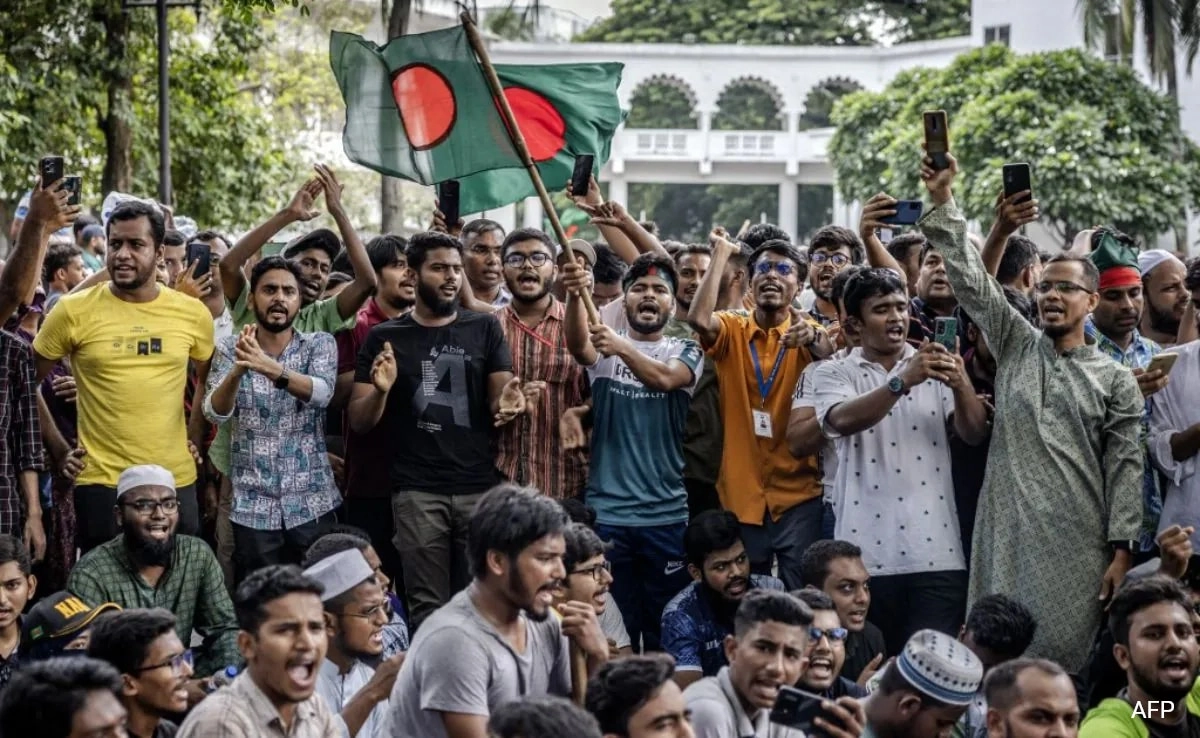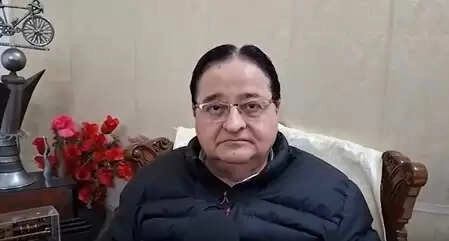As we reflect on the past year, it’s essential to consider whether Bangladesh has traded one crisis for another. The nation has faced an array of challenges, ranging from political instability to economic hardships, particularly in the wake of the COVID-19 pandemic. Initially, the pandemic exposed significant vulnerabilities within Bangladesh’s healthcare system, leading to a public outcry for reform and better preparedness for future health emergencies. However, as the crisis evolved, so too did the government’s responses, which have prompted a mixed assessment of their effectiveness.
In the wake of the pandemic, the government shifted its focus toward economic recovery, implementing various stimulus packages aimed at revitalizing key sectors such as textiles, agriculture, and small businesses. While these measures were crucial in preventing deeper economic contraction, they have not been without controversy. Critics argue that the distribution of aid has often favored large corporations over small enterprises, exacerbating existing inequalities. Furthermore, the reliance on foreign investment for recovery raises concerns about sustainability and long-term growth, particularly as global economic conditions remain uncertain.
In addition to economic challenges, Bangladesh has also grappled with political tensions that have surfaced anew. The opposition parties have seized the opportunity to criticize the ruling government, pointing out perceived mismanagement and lack of transparency in handling both the pandemic and its aftermath. This has led to increased protests and political unrest, further complicating the recovery process. The government’s response has often been heavy-handed, leading to allegations of human rights violations and suppression of dissent, which only serve to deepen the societal divides and stifle constructive dialogue.
As we move forward, it becomes imperative for Bangladesh to address these multifaceted challenges holistically. The nation stands at a crossroads, where the choices made today will have lasting implications for its future stability and prosperity. To avoid simply trading one crisis for another, it is crucial that policymakers prioritize inclusive growth, invest in healthcare infrastructure, and foster a political environment conducive to dialogue and collaboration. Only through such comprehensive strategies can Bangladesh hope to emerge from these crises stronger and more resilient, paving the way for a brighter future for all its citizens.




